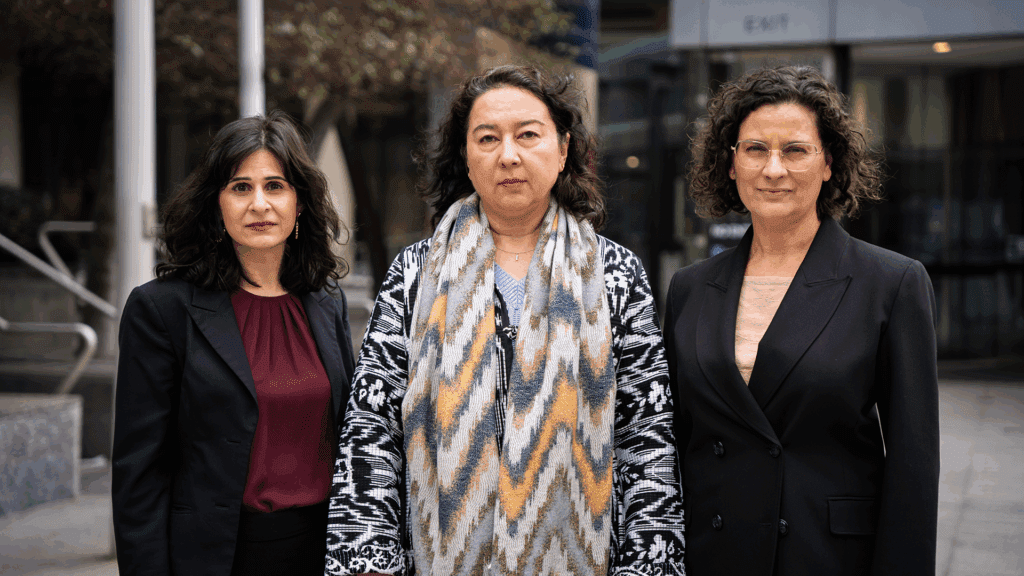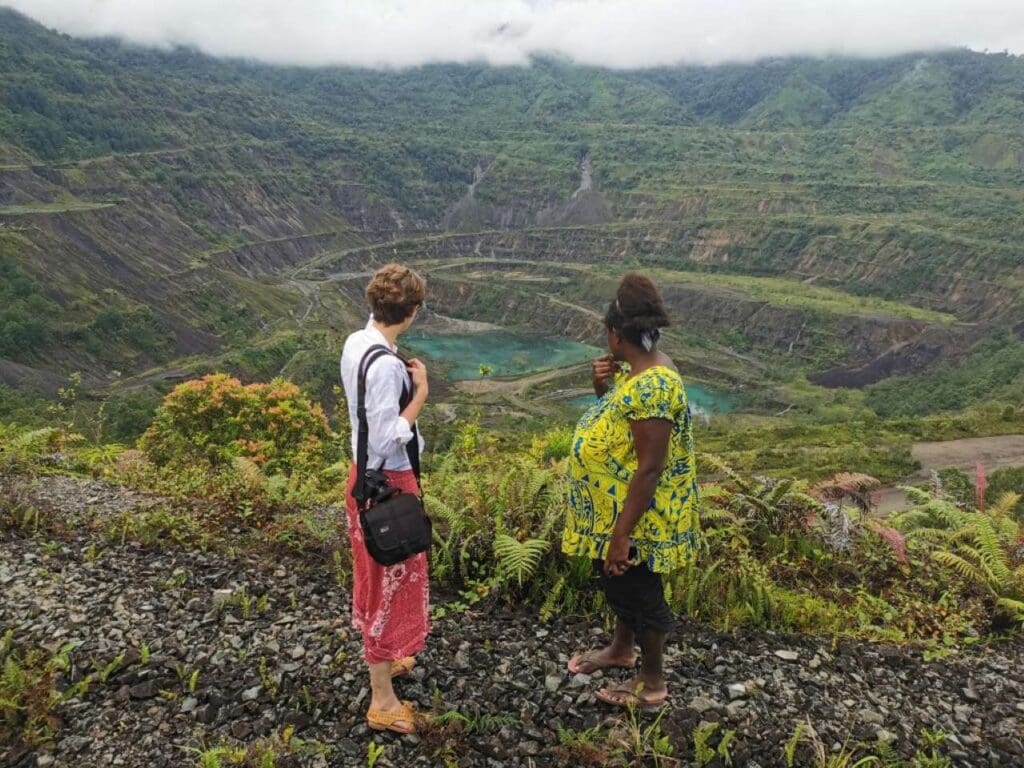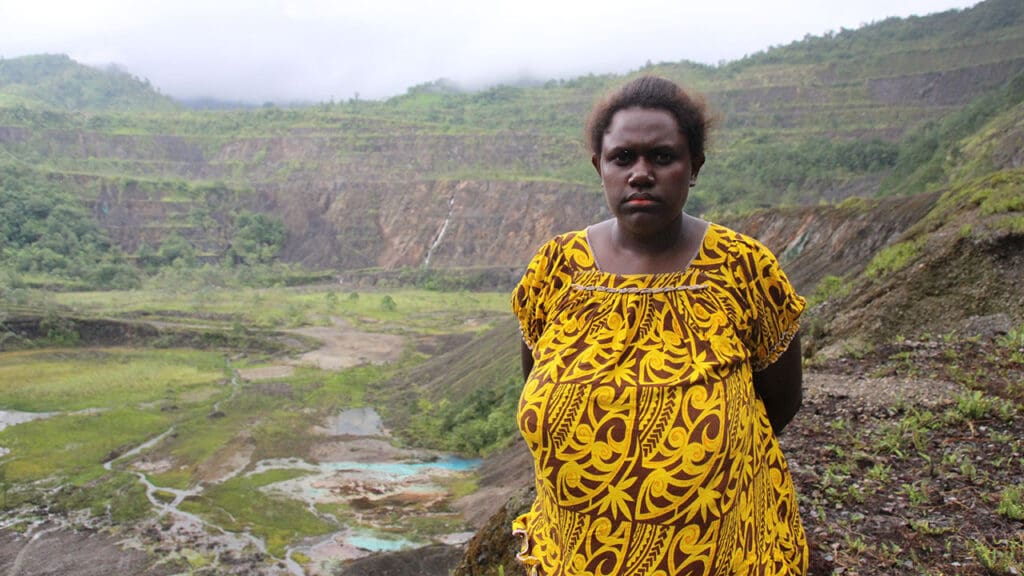Albanese Government must act on modern slavery after UN sounds alarm
The Human Rights Law Centre is calling on the Albanese Government to take stronger action on modern slavery and protections for migrant workers after the UN Special Rapporteur on Contemporary Forms of Slavery sounded the alarm in a report published overnight.
Professor Tomoya Obokata said he was “seriously concerned by the treatments of temporary migrant workers in Australia,” and had received credible information during his visit of “disturbing, sometimes very serious patterns of exploitative practices by employers, labour hire companies and migration agents.”
He made over 30 recommendations for reform, including urging the Government to move swiftly to strengthen the Modern Slavery Act by introducing due diligence obligations on companies to identify and address human rights risks in their supply chains, rather than just reporting on their efforts annually.
Obokata also called on the Government to address the significant power imbalances between workers and employers in temporary migrant worker visa arrangements, including rules that prevent workers moving between employers and independently accessing permanent residency.
He also noted that Australia’s patchwork of laws mean too many people are not protected when their rights are breached, and endorsed the Parliamentary Joint Committee on Human Right’s recommendation for an Australian Human Rights Act.
Freya Dinshaw, Associate Legal Director at the Human Rights Law Centre:
“Every person should be able to live and work in safety and dignity. We welcome the Special Rapporteur’s recommendations to strengthen Australia’s modern slavery laws and close loopholes that make migrant workers vulnerable to exploitation. The Albanese Government should now move quickly to strengthen the Modern Slavery Act by requiring companies to investigate and prevent serious abuses in their supply chains, and imposing hard consequences if they don’t. Australia should also introduce an import ban on goods made with forced labour, to ensure that consumers can be confident that the goods they purchase are not made at the expense of someone else’s freedom.”
Sanmati Verma, Legal Director at the Human Rights Law Centre:
“Your visa status should not determine whether you are protected at work. The Special Rapporteur’s report recognises that our migration system creates the conditions for exploitation of temporary migrant workers, by bonding them to their employers for the hope of permanent residency, and extending only limited protections for workers to step up and defend their rights. This must be a wake-up call for the Albanese Government: to address modern slavery in Australia, we must start by reforming the temporary visa system.”
Background
The Special Rapporteur’s report to the UN Human Rights Council follows a 16-day visit by Professor Obokata to Australia in November 2024 where he conducted consultations with over 450 stakeholders from government, civil society, unions, academia, business and investors. The Special Rapporteur also met with and heard directly from migrant workers.
The Global Slavery Index estimates that 41,000 people in Australia and almost 50 million people globally, currently live and work in situations of modern slavery. Australian businesses source primarily from the Asia Pacific region, which has the highest rates of modern slavery in the world.
In 2023, an independent review of Australia’s Modern Slavery Act, led by Professor John McMillan, concluded that there was “no hard evidence that the Modern Slavery Act in its early years has yet caused meaningful change for people living in conditions of modern slavery” and recommended a substantial overhaul of the Act, including the introduction of penalties and mandatory due diligence obligations on companies.
The Albanese Government recently announced a further public consultation on a range of measures to strengthen the law, including penalties, but has not yet committed to the introduction of due diligence obligations on companies. Likewise, the government has not progressed recommendations for reform of our temporary migration system, made following an extensive review led by Dr Martin Parkinson in 2023.
Last week, the Australian Uyghur Tangritagh Women’s Association (represented by Maurice Blackburn Lawyers and Human Rights Law Centre) filed legal proceedings against Australian retailer Kmart, seeking disclosure of documents to determine whether the company engaged in misleading and deceptive conduct regarding the possible use of Uyghur forced labour by some of its clothing suppliers.
Media contact:
Thomas Feng
Engagement Director
Human Rights Law Centre
0431 285 275
thomas.feng@hrlc.org.au

Australian Uyghurs file legal action to determine whether Kmart engaged in misleading conduct about use of forced labour in its supply chains
Australian Uyghurs are taking retail giant Kmart to court seeking documents to determine whether Kmart engaged in misleading and deceptive conduct about the use of Uyghur forced labour by some of its clothing suppliers.
Read more
Rio Tinto to face scrutiny at AGM for response to Panguna mine disaster
As shareholders meet in Perth today for Rio Tinto’s AGM, communities living with the ongoing devastation from Rio Tinto’s former Panguna mine are calling for the company to urgently commit to funding long-term solutions.
Read more
Bougainville community leaders demand seat at the table in remediation discussions with Rio Tinto
Bougainville community leaders are calling for a seat at the table in discussions about the potential remediation of the environmental devastation caused by Rio Tinto’s former Panguna mine, scheduled to begin in Port Moresby today.
Read more



